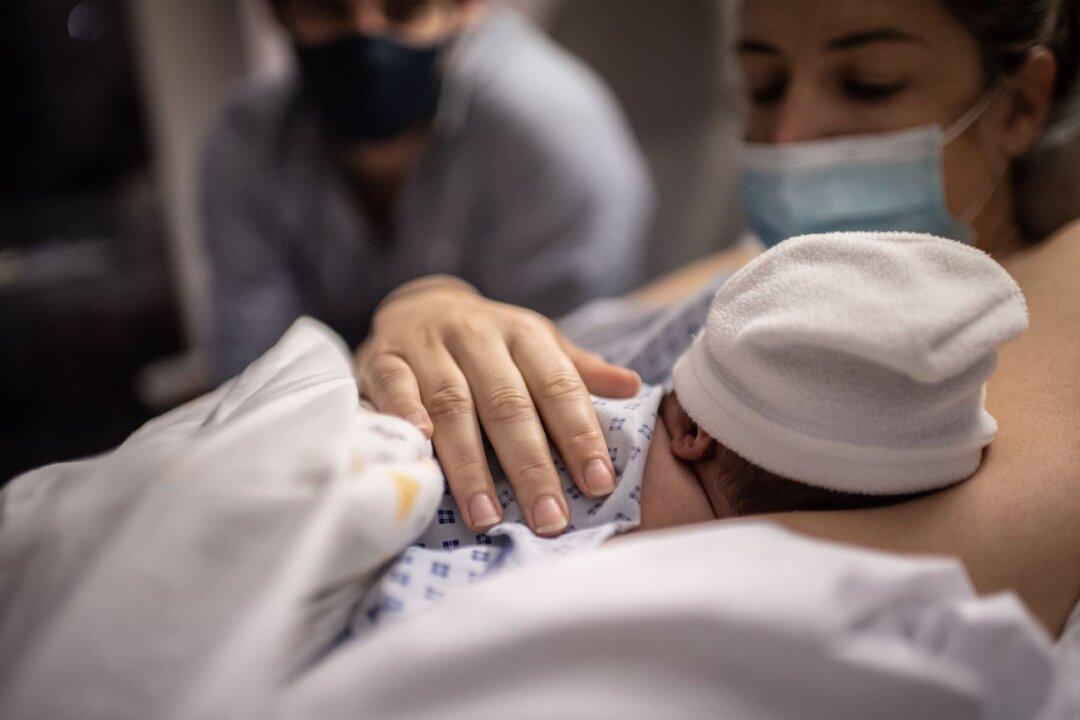New Jersey is being sued for maintaining a blood sample database of babies without parental consent. The state allegedly has “no limit” on how it uses the blood.
Shortly after birth, every baby born in New Jersey is screened for diseases, which involves taking blood from the newborns. “The problem, however, is with what New Jersey doesn’t tell parents,” the Nov. 2 class action lawsuit states. “After the newborn screening is completed, some blood remains unused. New Jersey keeps that blood from every baby born in the state for 23 years, all without parents’ knowledge or consent. It gets even worse. Not only does New Jersey secretly hold onto the blood for decades, it can use the blood however it wants. There is simply no limit to what New Jersey can do with the blood.”





